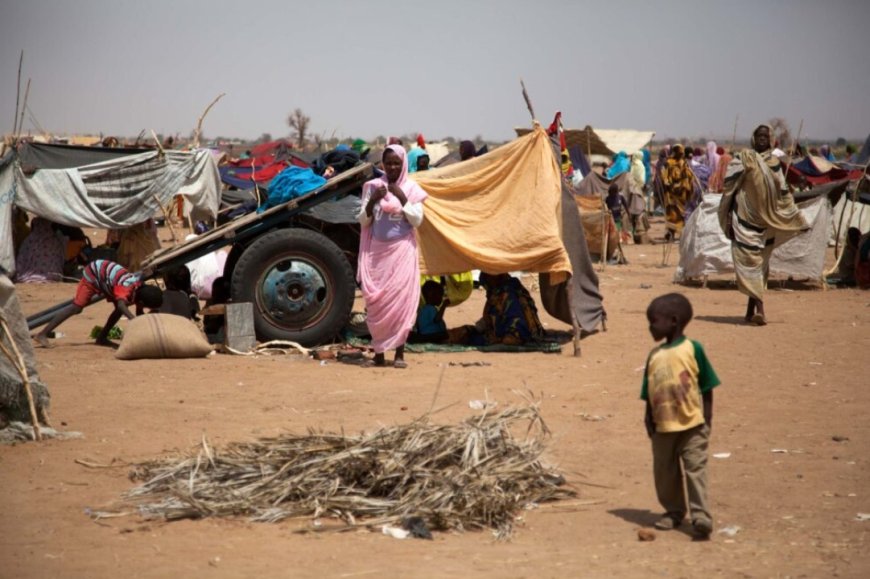Health crisis deepens in South Darfur: Clinic closures and air strikes overshadow fragile stability
Medical crisis in Southern Darfur. A shortage of medicines forced the closure of one of the state's main medical centers, leaving tens of thousands of residents without access to health care. In addition, the State has been devastated by armed conflict, resulting in the destruction of a large number of hospitals and clinics.
The closure of a primary health care center in Nyala, the capital of South Darfur, has shattered fragile hopes for a return to normalcy in South Darfur. Dr. Essa Abdelrahman, the center's director, paints a grim picture: more than 56 villages and 6,000 displaced people have no access to basic healthcare due to a severe shortage of medicines.
This grim reality is exacerbated by the legacy of conflict between the Sudanese Armed Forces (SAF) and the Rapid Support Forces (RSF). As a result of the conflict, up to 80% of the health infrastructure in South Darfur was reportedly destroyed, and hospitals and clinics were looted and rendered non-functional.
Efforts by the Ministry of Health to restore services appear daunting. Director General Hafez Mohamed Nour has outlined a strategy for action, but the scale of the crisis and ongoing tensions make the task daunting. Nour aptly noted that "every effort must be made to avoid further loss of life."
Lack of health care is not the only shadow hanging over Nyala. The Sudanese Air Force (SAF) has once again conducted airstrikes on the city, which is now under the control of the Sudanese Revolutionary Armed Forces (SRAF). The airstrikes, which targeted the airport, the stadium and residential areas near the market, have killed at least 10 people and injured 37 others.
The air strikes come after a period of relative calm, which has reignited fear and uncertainty among the population. As one listener told Radio Dabanga, "In recent weeks, we felt the situation had stabilized a little bit, but the airstrikes have become a disturbing issue."
The health crisis and new violence in South Darfur paint a bleak picture. The closure of health centers and deadly airstrikes are stark reminders that peace is fragile and immediate action is urgently needed. The international community and the Government of the Sudan must prioritize the safety and well-being of the people of Southern Darfur before the situation spirals further out of control.








